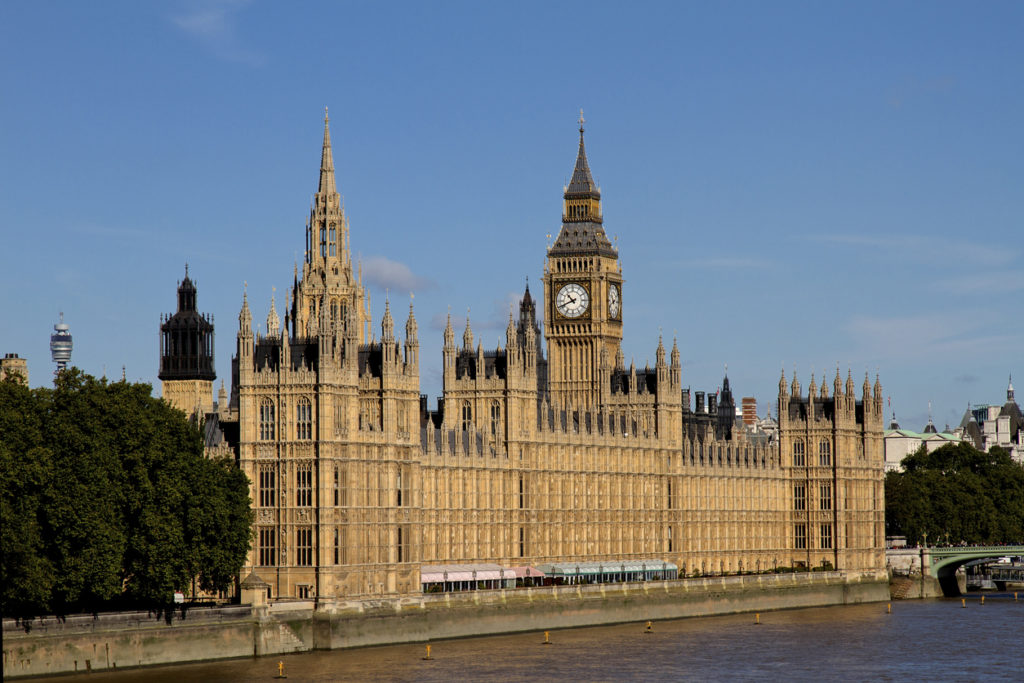After a scandal where a Chinese spy gave donations to a Labour MP, concerns were raised about All Party Parliamentary Groups (APPGs).
As a result, the Standards Committee says there’s a need for new rules to prevent foreign governments gaining unfair influence.
The Commons standards committee fears “hostile foreign actors” could be seeking to gain “improper access and influence” through the APPGs. It has recommended new rules.
Speaking on the BBC’s Today programme, Chair of the Standards Committee, Chris Bryant said,


“Foreign state actors who may not necessarily wish the UK any good, find APPGs where you have MPs and peers from all the different parties coming together. They find them as a very easy way of gaining access to members of parliament. To ministers and officials.”
He also raised concerns of how much a dangerous influence this interference could have on political outcomes, noting, “if they want to influence how the legislation is going forward, one of the easiest ways is find an easy minded MP, get them to set up an all party parliamentary group and publish a report which looks remarkably like an official report from parliament. And that will influence the political process”
The committee does not want to ban the groups, or expenses-paid foreign trips by their members, arguing that they can enhance the work of MPs and peers.
But it does want to improve transparency and accountability.
Under new rules suggested by the committee, foreign governments would be banned from directly funding APPG secretariats, which assist with running the groups.
The groups would be able to take foreign government funding for benefits other than the secretariat, but this must be registered.
Those responsible for an APPG would also have to carry out due diligence on whether foreign governments are the “eventual funder” of secretariats, or other benefits.
If ministers are supportive of the new tighter restrictions, the government can introduce motions to Parliament and MPs will get the chance to debate and vote on them.
The standards committee has previously warned that without reform APPGs could be the source of the “next great Parliamentary lobbying scandal”.
Unlike select committees, APPGs have no formal role in policy-making or holding the government to account and their funding can be opaque.
There are currently over 750 APPGs, covering a wide range of subjects including food banks, cyber security, yoga and wine and spirits.
Most APPGs do not receive any funding but a growing number are sponsored by companies, campaign groups or charities to cover running costs and foreign trips.
Research conducted by the BBC in 2021 found that the groups had received an estimated £30.7m since 2017.
Around £6.4m came from companies registered as lobbyists. Donations can include “benefits in kind” – for example the donor could pay for a secretariat to help organise the group.
The committee also wants to introduce additional rules for groups which receive external benefits of more than £1,500 in a calendar year, including a requirement to produce an annual report outlining the work they have done.
Bryant added that the evidence for this issue is strong, confirming that the director of security at the House of Commons Alison Charles gave “pretty conclusive evidence that some that that foreign governments are very interested in using APPGs as a means of getting across their point of view”.












